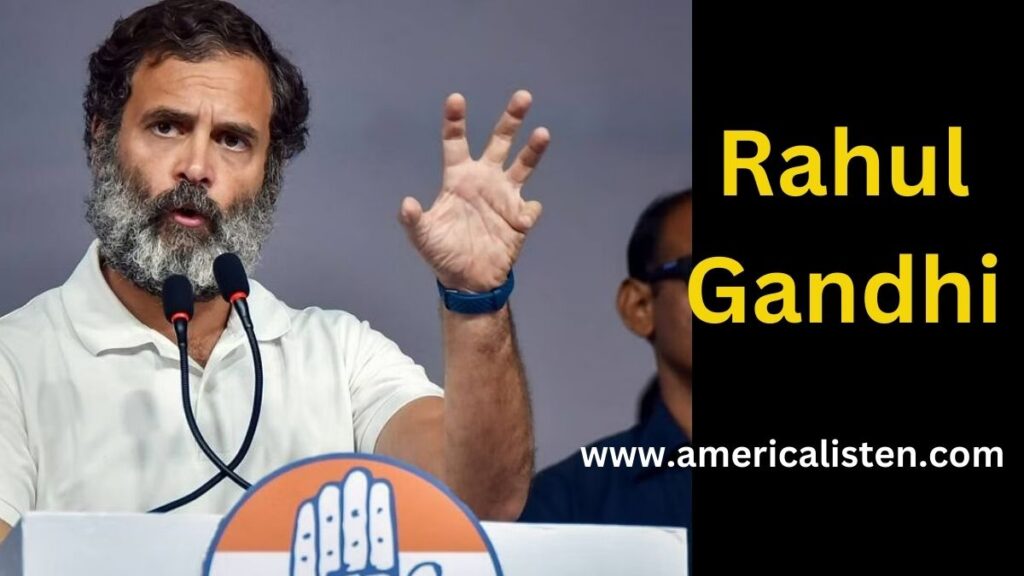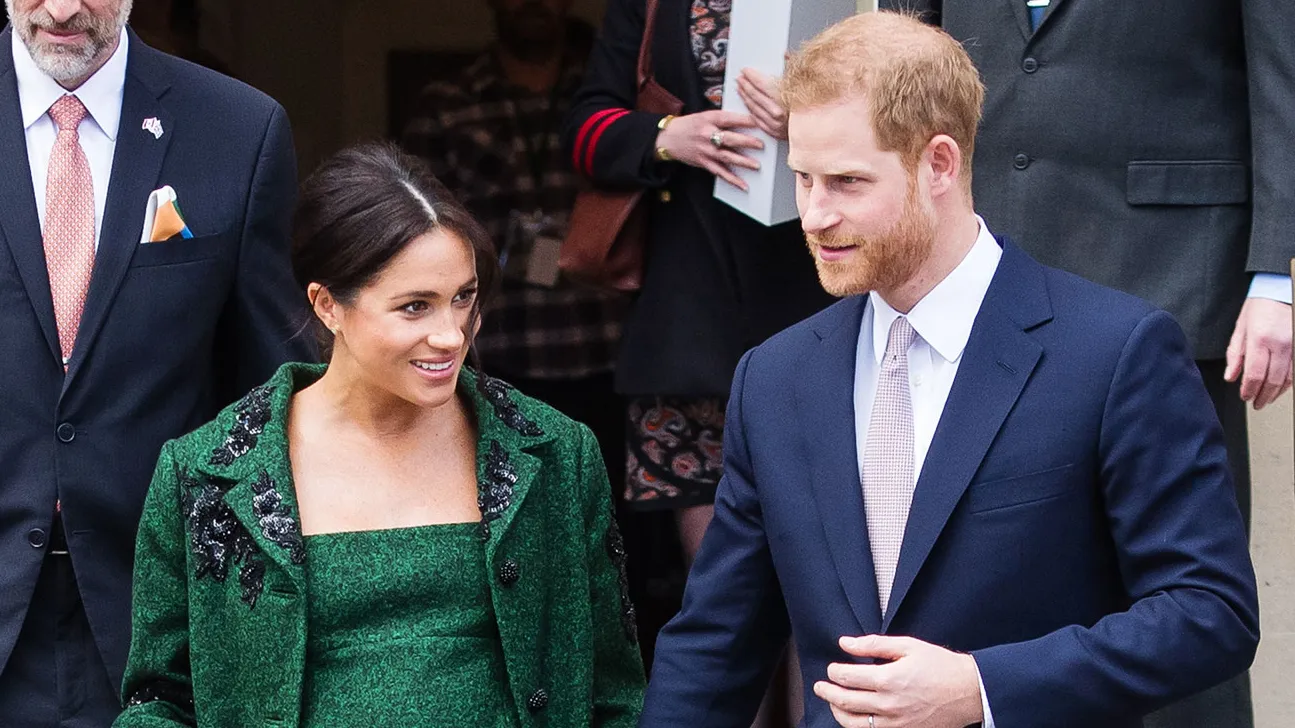The Delhi High Court has issued a directive to the Election Commission of India, urging the constitutional body to take appropriate action against Congress MP Rahul Gandhi for labeling Prime Minister Narendra Modi, Home Minister Amit Shah, and businessman Gautam Adani as ‘pickpockets.’ The court, while acknowledging that the statements were not in good taste, provided the Election Commission with an eight-week timeframe to initiate the necessary action.
1.Rahul Ganghi complete Introduction
2.What Delhi High Court Said to EC of India
In its order, the court stated, “Though the statements are not in good taste, yet as the ECI is acting in the matter, the court will not like to keep the matter pending. The same is disposed of.”
2.What Delhi High Court Said to EC of India
The court’s decision to direct action against Rahul Gandhi came after learning that the Election Commission had issued a notice to him on November 23. The notice had stipulated that action would be taken against him if he failed to respond before November 26. However, Gandhi did not provide a response within the specified time frame.
While the court did not explicitly outline the actions the Election Commission should take against Gandhi, it underscored the need for the constitutional body to address the matter promptly.
Last month, the Election Commission had issued a show-cause notice to Rahul Gandhi, citing his ‘panauti and pickpocket’ remarks directed at PM Modi. The notice, dated November 23, required Gandhi to respond by November 26. The BJP criticized Gandhi’s language as “unbecoming” for a “very senior leader.”
The Election Commission’s notice emphasized that, according to the Model Code of Conduct, leaders were prohibited from making unverified allegations against political rivals. In response to the BJP’s complaint, which disputed Gandhi’s claim that the government granted waivers of ₹14,00,000 crore to industrialists, the notice stated that such allegations fell under the prohibition of Section 123 of the Representation of the People Act, dealing with corrupt practices.

Furthermore, the notice invoked Section 123, Clause 2, Sub-section (ii), which addresses attempts to induce candidates or electors to believe that divine displeasure or spiritual censure would befall them. The Election Commission reminded Gandhi of the Supreme Court’s view that the right to reputation is integral to the right to life protected by Article 21.
The notice concluded by urging Gandhi to provide an explanation and show cause as to why action should not be initiated for the alleged violation of the Model Code of Conduct and relevant penal provisions. The deadline for Gandhi’s response was set for 6:00 pm on November 25, with a warning that action deemed fit would be taken if no reply was received by then.
1.Rahul Ganghi complete Introduction
Rahul Gandhi, born on June 19, 1970, is an Indian politician and a prominent member of the Indian National Congress (INC), one of the country’s major political parties. He hails from the Nehru-Gandhi family, which has played a pivotal role in shaping the political landscape of India.
Educational Background:
Rahul Gandhi completed his primary education at Rollins College in Florida, USA, and later pursued an M.Phil. in Development Studies from the University of Cambridge, UK. He has also worked for a brief period in London and gained international exposure before entering active politics.
Political Career:
Rahul Gandhi officially entered Indian politics in 2004 and has since been an integral part of the Congress party. Over the years, he has held various positions within the party structure, contributing to its organizational development and outreach.
Notable Positions:
- Member of Parliament (MP): Rahul Gandhi has represented the constituency of Wayanad in Kerala in the 17th Lok Sabha. Previously, he served as an MP from the constituency of Amethi in Uttar Pradesh.
- Vice President of the Indian National Congress: Rahul Gandhi was appointed as the Vice President of the INC in January 2013, marking a significant step in his political career.
- President of the Indian National Congress: Rahul Gandhi took over the reins of the Congress party as its President in December 2017. However, he resigned from the post in August 2019, taking responsibility for the party’s poor performance in the general elections earlier that year.
- Leader of the Opposition in the Lok Sabha: Rahul Gandhi has been an active voice in parliamentary debates and discussions, contributing to the opposition’s perspective on various issues.
Political Ideology:
Rahul Gandhi is often associated with advocating for social justice, inclusivity, and the empowerment of marginalized sections of society. His political ideology focuses on addressing the concerns of farmers, workers, and youth, emphasizing the need for equitable development.
Public Perception:
Rahul Gandhi’s political journey has been marked by a mix of acclaim and criticism. While some view him as a charismatic leader with a commitment to social causes, others have raised questions about his political strategies and effectiveness.
Despite the challenges, Rahul Gandhi continues to play a significant role in shaping the political narrative in India, making him a central figure in the country’s dynamic and ever-evolving political landscape.
To know More about Rahul Gandhi Please click Here
You May like:


